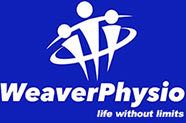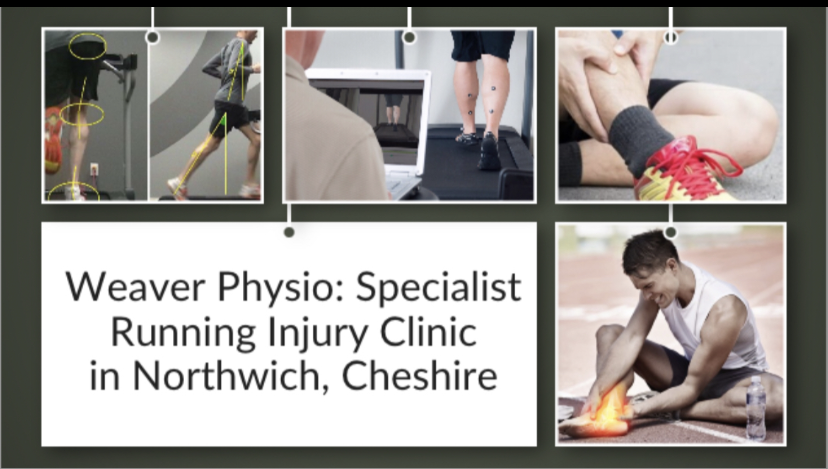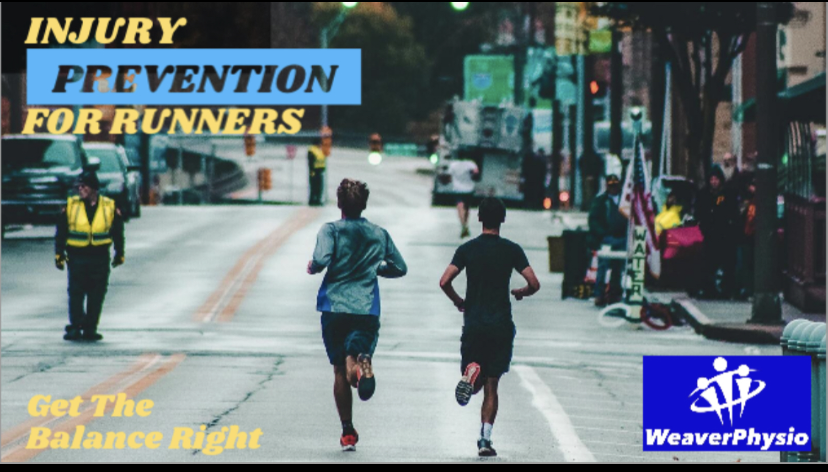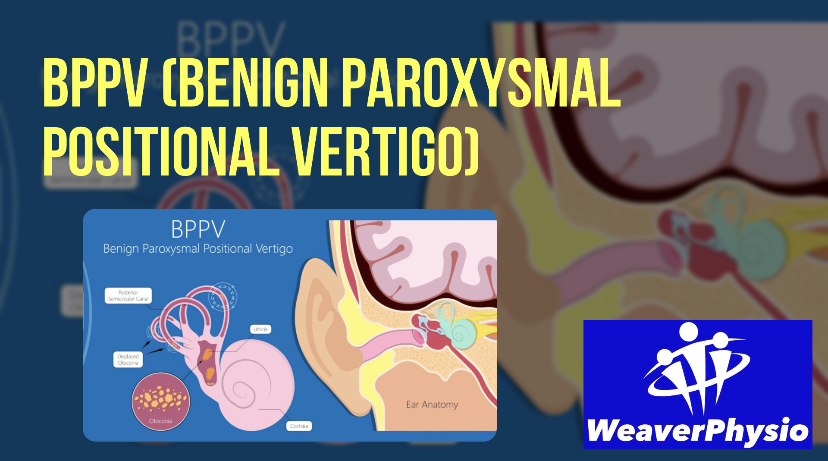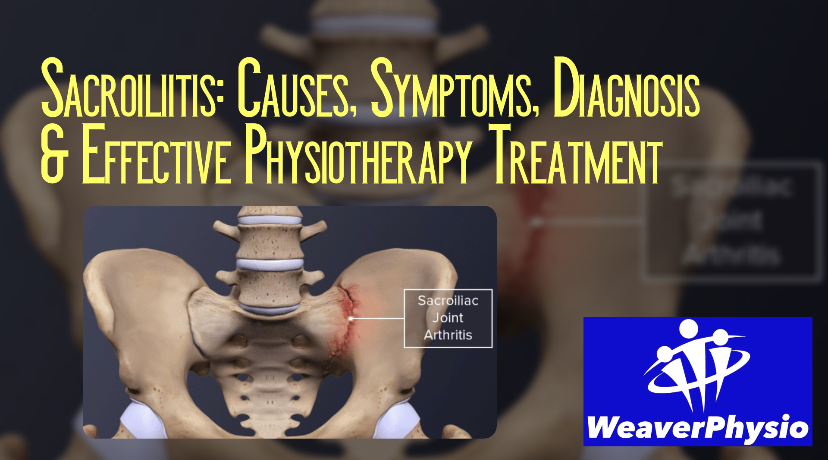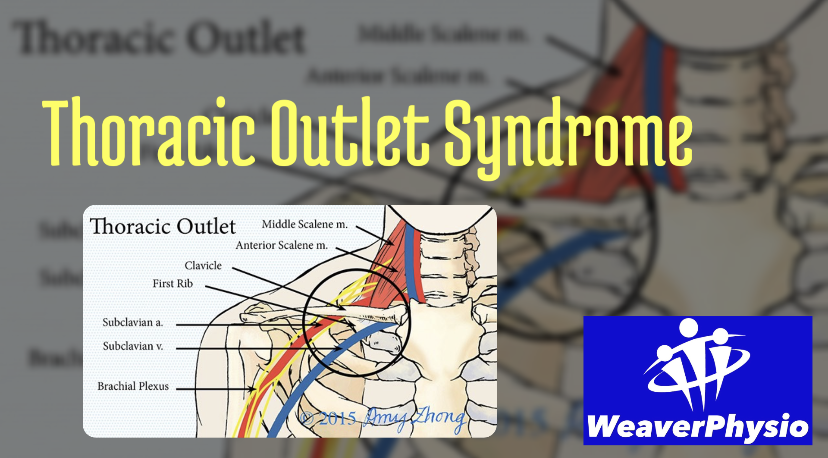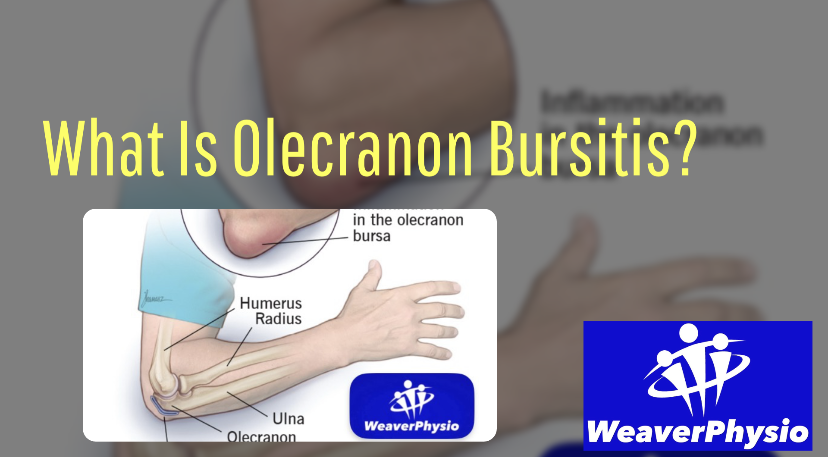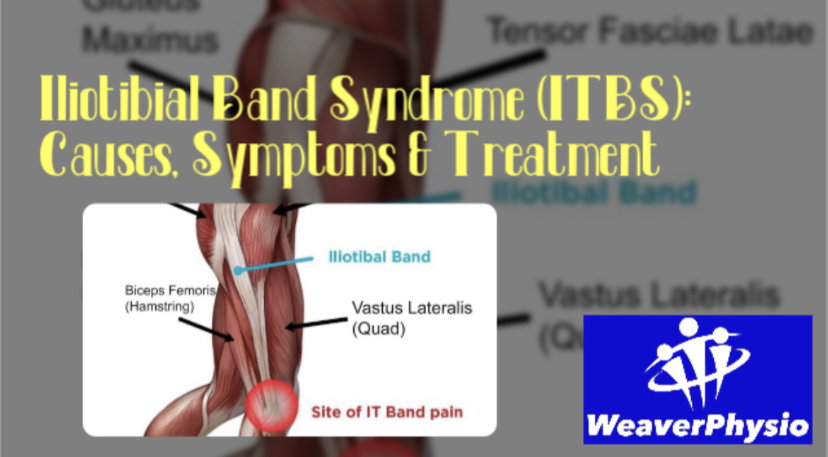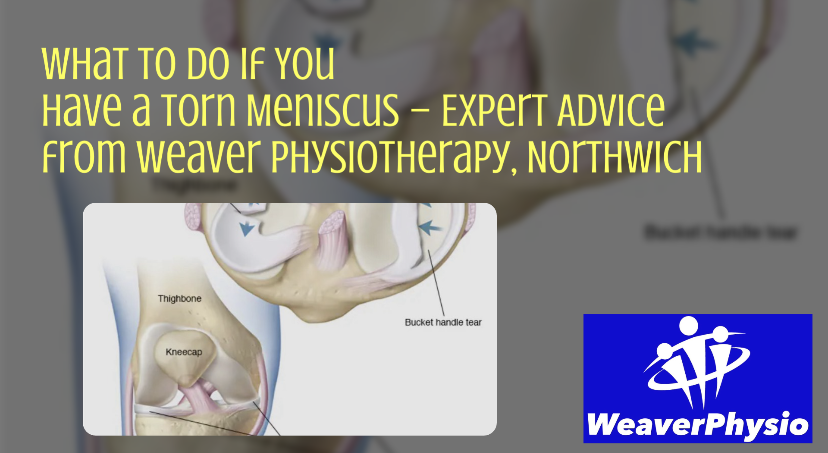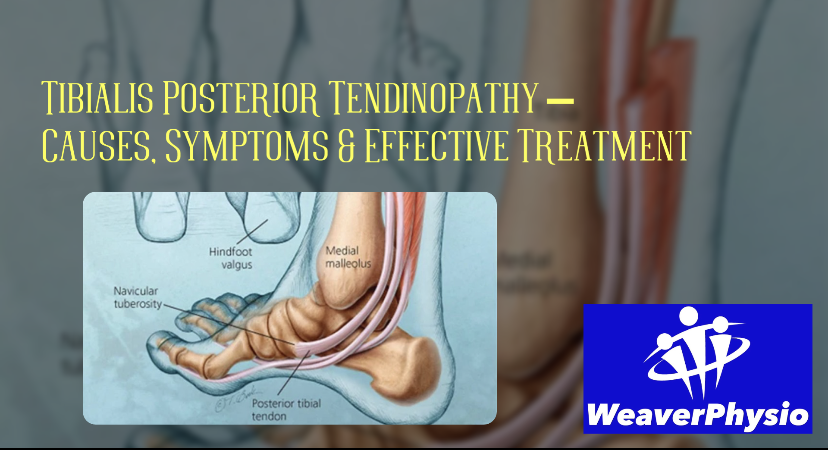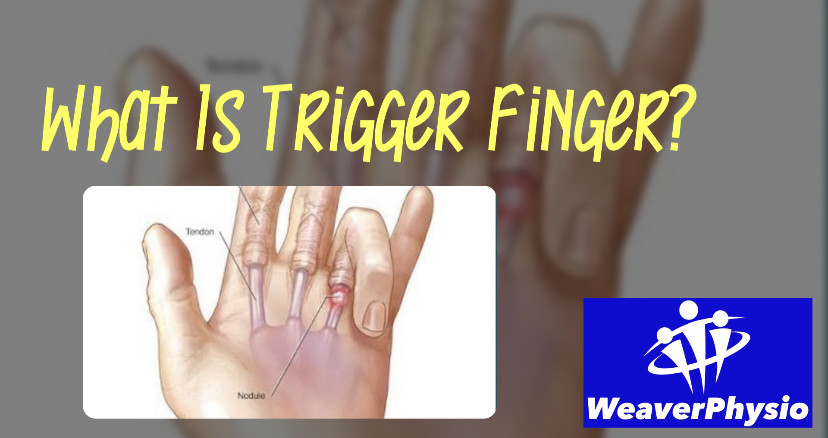The benefits of Physiotherapy
Treatment for sports injuries
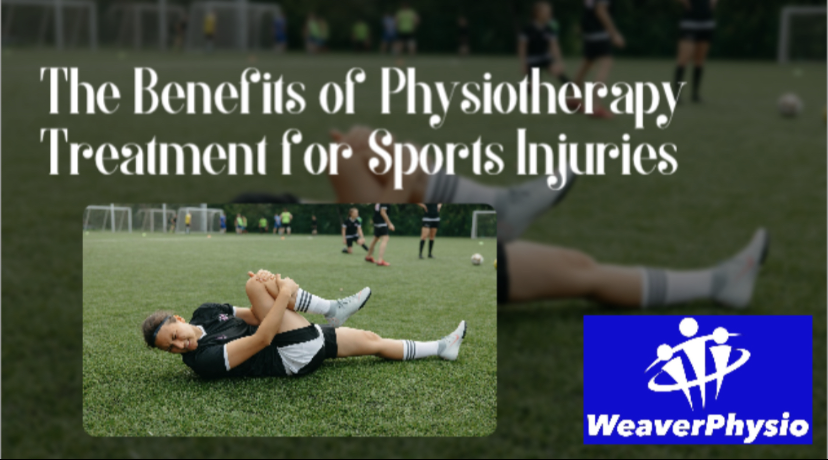
The Benefits of Physiotherapy Treatment for Sports Injuries
Whether you’re a weekend warrior, a seasoned athlete, or just starting your fitness journey, sports injuries can be a frustrating setback. The good news is that physiotherapy for sports injuries is one of the most effective ways to recover quickly and return to peak performance. At Weaver Physio, we specialise in evidence-based treatment to support your recovery, reduce pain, and help prevent future injuries.
Understanding Sports Injuries
Sports injuries can range from acute traumas like sprains and strains to chronic overuse conditions such as tendinitis and stress fractures. Common sports-related injuries include:
• Ankle sprains
• Knee ligament injuries (ACL, MCL)
• Shoulder dislocations and rotator cuff injuries
• Tennis or golfer’s elbow
• Hamstring and quadriceps strains
• Shin splints
These injuries can affect not just performance but also day-to-day mobility. That’s where physiotherapy plays a crucial role—not just in healing, but in comprehensive rehabilitation and injury prevention.
Why Choose Physiotherapy for Sports Injuries?
At Weaver Physio, we believe that no two injuries—or people—are the same. Our tailored physiotherapy programs are designed to address the root cause of your issue, not just the symptoms. Here are some of the key benefits of choosing physiotherapy for sports injuries:
1. Accurate Diagnosis and Individualised Treatment Plans
Our experienced physiotherapists perform a thorough assessment to diagnose the extent and cause of your injury. Using advanced clinical reasoning and hands-on assessment techniques, we tailor a treatment plan specific to your sport, fitness level, and goals. This ensures targeted recovery and faster progress.
2. Pain Relief Without Medication
Physiotherapy uses a range of techniques to alleviate pain without relying on medication. This includes manual therapy, soft tissue mobilisation, dry needling, and electrotherapy. These methods help reduce inflammation, improve blood flow, and encourage the body’s natural healing response.
3. Restoring Mobility and Function
Injuries often result in reduced joint movement, muscle weakness, and poor coordination. Physiotherapy focuses on restoring normal mobility and function through exercise prescription, stretching, and mobilisation. Our goal at Weaver Physio is to get you moving safely and confidently again.
4. Faster Recovery Time
A structured physiotherapy program can significantly speed up the recovery process. By targeting the right muscles, joints, and movement patterns, physiotherapy reduces healing time and minimises the risk of complications like stiffness or re-injury.
5. Prevention of Future Injuries
One of the biggest advantages of physiotherapy is its role in injury prevention. Through biomechanical analysis and sport-specific training, we identify movement patterns or weaknesses that could make you prone to future injury. Our preventative approach is designed to improve strength, flexibility, and overall body mechanics.
6. Safe Return to Sport
Returning to sport too early can lead to further damage and delayed recovery. At Weaver Physio, we guide you through a safe and effective return-to-sport protocol. This includes functional testing, sport-specific drills, and gradual re-introduction to training to ensure you’re ready—physically and mentally.
What to Expect at Our Sports Injury Clinic
When you visit our sports injury clinic at Weaver Physio, you’ll receive expert care from professionals who understand the demands of athletic performance. Here’s what a typical rehabilitation journey might include:
• Initial assessment to understand the nature of your injury
• Manual therapy to reduce pain and improve mobility
• Exercise prescription to build strength and restore movement
• Education about your injury and self-management strategies
• Progressive loading and sport-specific drills for return to play
Our clinic is equipped with state-of-the-art facilities and a friendly, professional team that is committed to helping you achieve your goals.
Common Techniques Used in Sports Physiotherapy
Our physiotherapists use a variety of evidence-based techniques to treat sports injuries effectively, including:
• Manual therapy – Hands-on treatment to mobilise joints, release tight muscles, and improve circulation
• Therapeutic exercise – Tailored programs to restore strength, stability, and coordination
• Taping and bracing – For joint support and injury protection
• Dry needling and acupuncture – To release muscle tension and promote healing
• Ultrasound and electrotherapy – To reduce pain and inflammation in acute stages
These techniques are combined based on your individual needs and recovery stage to create a comprehensive, results-driven treatment plan.
Supporting Your Long-Term Athletic Goals
Physiotherapy is not just about recovering from injuries—it’s also about long-term athletic development. Whether you’re training for a marathon, playing at a competitive level, or just trying to stay active, regular physiotherapy check-ins can help optimise your performance and keep your body in peak condition.
Our team at Weaver Physio collaborates with coaches, personal trainers, and other healthcare professionals to create a holistic performance and recovery strategy tailored to you.
Why Weaver Physio?
At Weaver Physio, we pride ourselves on being more than just a sports injury clinic. We’re your partners in performance, health, and well-being. Here’s why clients choose us:
• Experienced, qualified physiotherapists with a special interest in sports injuries
• Modern facilities with the latest rehabilitation equipment
• A caring, client-focused approach
• Flexible appointment times, including evenings and weekends
• Proven track record of helping athletes return stronger and more confident
We treat athletes of all ages and abilities, from school sports players to elite competitors.
Book Your Appointment Today
Don’t let a sports injury keep you on the sidelines. Whether you’re dealing with a recent injury or a long-standing issue, Weaver Physio is here to help. Our expert physiotherapists will guide you through every step of your recovery and get you back to doing what you love—safely and efficiently.
Contact Weaver Physio today to book your consultation at our sports injury clinic. We’re ready when you are.
